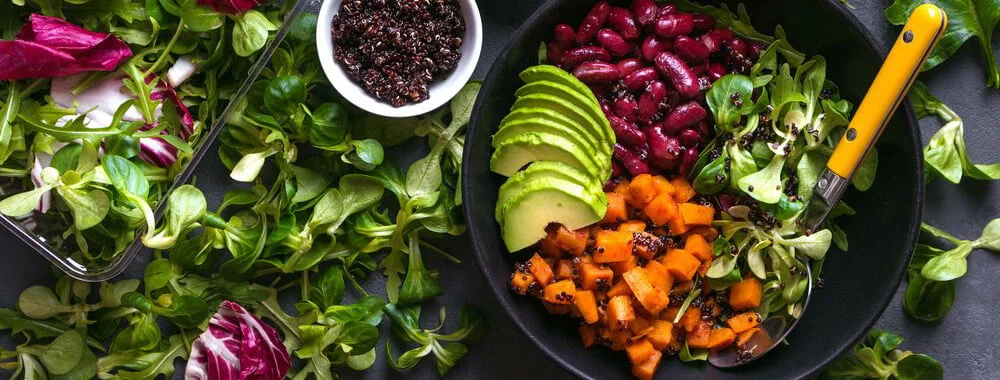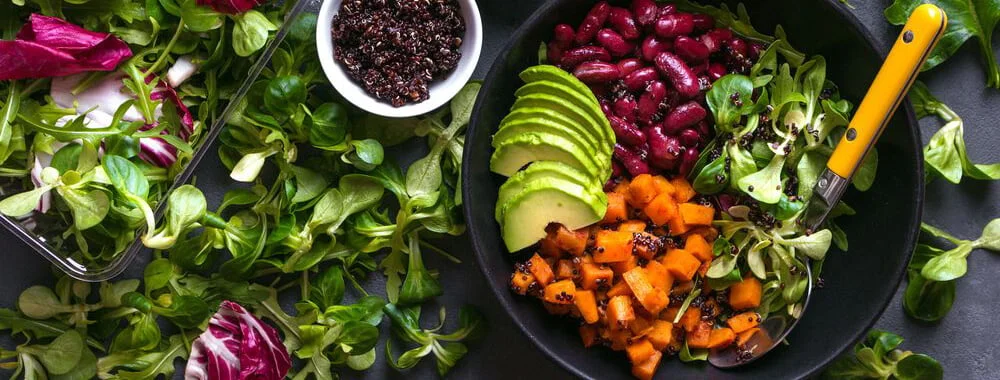Thinking about adopting a vegetarian lifestyle or simply looking to eat more plant-based meals during your travels? You’re not alone. The popularity of vegetarian diets has grown globally, not only for ethical reasons but also for their proven health benefits. Whether you’re a full-time vegetarian or just exploring, this comprehensive guide has everything you need—from diet types to daily meal plans, delicious vegetarian recipes, and where to find the best vegetarian restaurant options, even while on holiday.
What Is Vegetarianism?
At its core, vegetarianism means avoiding meat, poultry, and fish while still enjoying a variety of plant-based foods like vegetables, fruits, grains, legumes, nuts, and seeds. Some vegetarians include dairy and eggs, while others exclude all animal-derived ingredients.Today, more people are choosing vegetarian diets to support personal health, reduce their carbon footprint, and advocate for animal welfare.
Types of Vegetarian Diets
Not all vegetarian diets are the same. Here are the most common variations:
- Lacto-vegetarian: Includes dairy, excludes eggs, meat, and fish.
- Ovo-vegetarian: Includes eggs, excludes dairy, meat, and fish.
- Lacto-ovo vegetarian: Includes both dairy and eggs.
- Pescatarian: Includes fish, excludes meat and poultry.
- Flexitarian: Mostly vegetarian, but occasionally includes meat or fish.
Each style allows for personalization, depending on your lifestyle and dietary goals, and can be complemented with a wide variety of recipes for vegetarian dishes to suit your preferences.
Plant-Based Protein Sources to Replace Meat
Contrary to the myth, it's entirely possible to get enough protein without eating meat. Many high-protein vegetarian meals are both satisfying and easy to prepare.
Here are some top plant-based protein sources:
- Lentils and chickpeas
- Tofu and tempeh
- Quinoa and buckwheat
- Greek yogurt and eggs (for lacto-ovo vegetarians)
- Beans, peas, nuts, and seeds
These ingredients are the foundation of countless easy, delicious vegetarian dishes and help ensure you're getting all essential amino acids.
Health Benefits of a Vegetarian Diet
Adopting a vegetarian diet has been linked to numerous health benefits, including:
- Lower risk of heart disease
- Reduced risk of certain cancers
- Improved digestion and gut health
- Better weight management
- Enhanced energy levels
With the right planning, your vegetarian meals can be just as nutrient-rich—and far more flavorful—than traditional meat-based dishes.
Preventing Vitamin & Mineral Deficiencies
Although vegetarian diets can be incredibly healthy, it's important to ensure you’re not missing key nutrients, especially:
- Vitamin B12 (often found in fortified foods or supplements)
- Iron (from leafy greens, lentils, and pumpkin seeds)
- Zinc and Omega-3 fatty acids
Building a balanced diet with diverse ingredients and consulting a nutritionist when needed can help you maintain peak health.
Daily Meal Plans for Vegetarians
Need ideas for what a full vegetarian day of eating looks like? Here’s a simple breakdown filled with easy vegetarian ideas and inspiring vegetarian recipes:
- Breakfast: Greek yogurt parfait with granola, berries, and flaxseeds
- Lunch: Lentil soup with whole grain toast and avocado salad
- Snack: Hummus with veggie sticks or mixed nuts
- Dinner: Stir-fried tofu with broccoli and brown rice—one of many great recipes for vegetarian dishes.
- Dessert: Dark chocolate and almond bites
- Mix and match these suggestions to keep your meals both nutritious and satisfying.
Vegetarian vs. Vegan: Key Differences
Many people confuse vegetarian and vegan diets, but the distinction is simple: while vegetarians may consume dairy and/or eggs, vegans avoid all animal-derived products, including honey and gelatin.
Tips for Transitioning to a Vegetarian Diet
Starting your journey doesn’t have to be overwhelming. Begin with these simple tips:
- Try easy, delicious vegetarian dishes a few times a week.
- Experiment with vegetarian recipes from different cuisines—think Indian, Mediterranean, or Thai.
- Visit a vegetarian restaurant for inspiration and new flavors.
- Keep staples like beans, rice, and spices on hand for quick meals.
- Focus on flavor, texture, and satisfaction, not just restriction.
Gradually shifting your habits will make the transition smooth and enjoyable.
Enjoy Specially Crafted Vegetarian Menus at AKKA Hotels!
Planning a plant-based vacation? You don’t have to compromise flavor or variety. At AKKA Hotels, you’ll find carefully designed menus that cater to both vegetarian Hotel and vegan Hotel guests, featuring locally sourced ingredients and a mix of global and Turkish flavors.From hearty breakfasts to vibrant high-protein vegetarian meals, AKKA ensures that your lifestyle choices are both respected and celebrated—even while you're relaxing under the Mediterranean sun.





